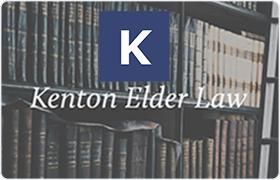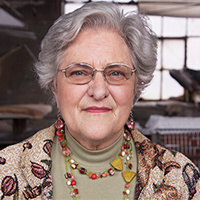 Dover Trusts Lawyers, Kentucky
Dover Trusts Lawyers, Kentucky
Sponsored Law Firm
-
 x
x

Click For More Info:
-
Kenton Elder Law
713 College Rd Paris, KY 40361» view mapEstate Law Helping Generation After Generation
Kenton Elder Law works with families to ensure smooth financial transitions and long term care arrangements as older adults move into later stages of life.
800-932-7301
Lawyers
1-9 of 9 matches
Trusts, State & Local Agencies, Other, Education
Estate, Trusts, Government, State & Local Agencies
Estate, Estate Planning, Trusts, Government, State & Local Agencies
Corporate, Elder Law, Estate Planning, Trusts, Wills
Criminal, Divorce & Family Law, Divorce, Family Law, Trusts
Property Damage, Estate, Estate Planning, Trusts, Wills



 Carolyn Kenton Paris, KY
Carolyn Kenton Paris, KY Practice AreasExpertise
Practice AreasExpertise